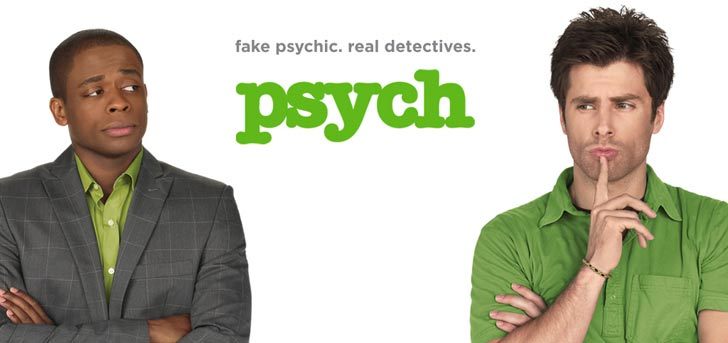 |
| 17 year old Trayvon Martin (left) and 28 year old George Zimmerman (right). |
Zimmerman was out running a personal errand when he spotted Trayvon, who was on his way back from buying iced tea and Skitles, and thinking this was suspicious, Zimmerman called 911 and began to follow him. The police dispatcher told him, "You don't need to [follow him]." Zimmerman continued anyway, and moments later reported he had lost sight of Trayvon. Then, according to Zimmerman's attorney, Trayvon confronted Zimmerman and began to attack him, reaching for his gun. After a minute or so of struggle, Zimmerman shot and killed Trayvon. "At that point, either George or Trayvon was going to die," claims Zimmerman's friend Joe Oliver.
In this story, it is clear that both people are in the wrong. If Zimmerman never followed Trayvon, or if Trayvon never attacked Zimmerman, then, well, let's just say I wouldn't be writing this blog. However, this unfortunate event did happen, and it's hard for me to say who is more at fault.
I can say, however, that the reaction to this event on both sides has been ridiculous. Zimmerman's supporters try to demonize Trayvon by pointing out the fact that he was suspended from school when he was killed because of marijuana. Great, could this be any more irrelevant to what happened? On the other side, the hate directed towards Zimmerman is appalling. A black political group, the NBPP, placed a $10,000 bounty on Zimmerman. Many others label Zimmerman as an old-fashioned white racist and claim he had the intent to kill Trayvon because he was black. Without knowing the situation, this is a ridiculous claim to make, especially since Zimmerman is Hispanic.
I can somewhat agree with people who say that if Trayvon was white, this would never have happened, but I don't think this means Zimmerman was being racist. As a neighborhood watchman, he has that responsibility to watch out for people who don't belong. Is that racist? Quite possibly, but is it true? Yes. However, with that said, in a community that is over 30% African-American, Zimmerman can't make the case that Trayvon doesn't belong simply because he is black. Therefore, I do believe there were other legitimate reasons other than race that Zimmerman had for believing Trayvon to be suspicious.
For my junior theme, I am researching why crime rates are different across different neighborhoods, and I think cases like these play a big role because they demonstrate racial discrimination and generate hate between races, which develops racial stereotypes. These stereotypes alone can elevate crime because people who are discriminated against because their race acts a certain way get a confused idea of what is acceptable, and the stereotypes become sort of a self-fulfilling prophecy.
In this certain case, what people will remember as the final storyline is that a black person who was suspended for marijuana was shot by a racist, overprotective neighborhood watchman. That story that the media is telling us builds on stereotypes that black people are delinquents (because Trayvon was suspended) and whites are racist. These are not reasonable conclusions at all (Zimmerman wasn't even really Caucasian), but it's what people are drawing from them because of the media. The stereotypes being formed about African-American people being delinquents that keeps getting built upon by the media makes them believe that is what they are supposed to and allowed to be, so they become much more likely to commit a crime.
Is anyone at fault in this event? Was this racial profiling? What effects do you think this event (or the severe reactions to this event) will have on racial stereotypes in the future?

